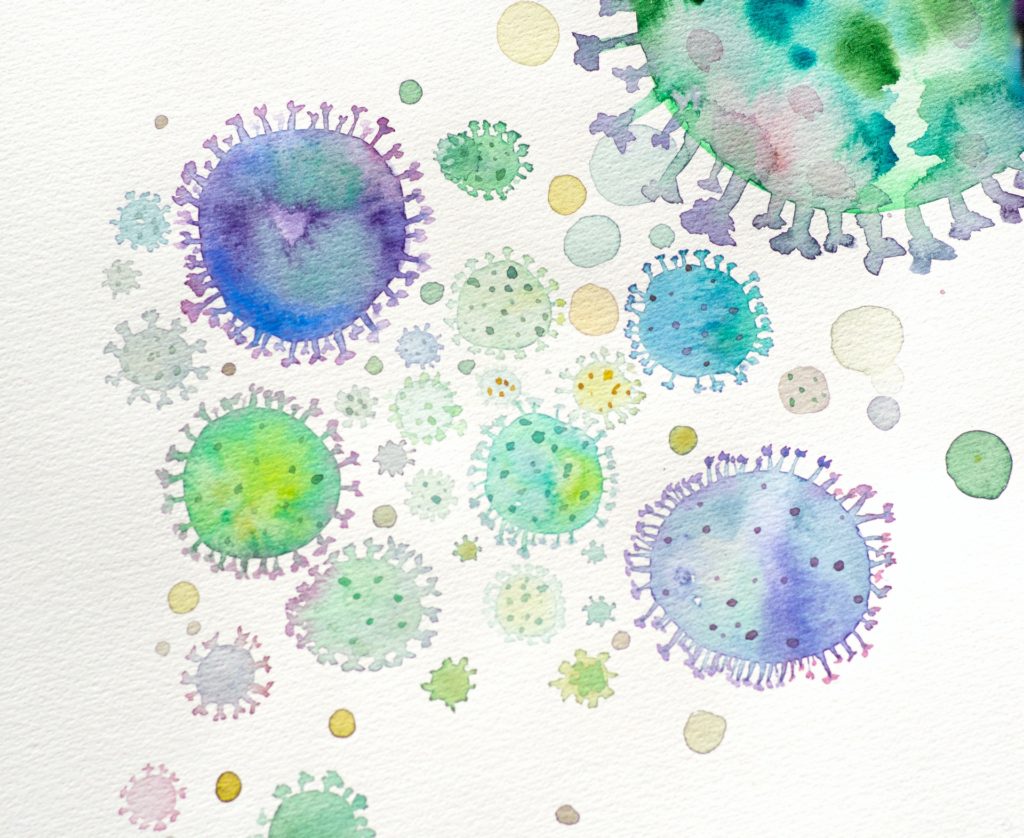(TL;DR: Yes, yes they can)
There has been a growing connection and curiosity between the gut and mental health in the research world. This has been due to new insights being discovered about the microbiome as well as necessary exploration into alternative theories and mechanisms for mental health treatment. Despite antidepressant use being more common than ever, rates of depression and anxiety continue to climb.
A 2020 study from Oxford University and published in the Human Microbiome Journal showed that the human gut microbiome can indeed impact personality traits. Participants in the study with a more diverse microbiome (diverse = good, as far as gut health is concerned) also had larger social networks, were more social, and were less likely to experience anxiety or stress.
The participants with less diverse gut microbiomes had more neurotic traits, higher anxiety, more stress, and reported worse sleep.
The thing about the gut microbiome and correlation with personality is that it goes both directions. Your gut influences personality and traits, and your personality can influence your gut.
Important Factors for a Diverse Gut Microbiome:
- Adventurous eating
- Eating a high fiber diet (more than 25-30g/fiber per day)
- Consuming a variety of vegetables, fruits, whole grains, and spices every week. The American Gut Project says at least 30 different plants per week for the microbiome.
- Adequate sleep
- Avoiding unnecessary antibiotic use
- Social connection
- Consuming probiotic rich foods like sauerkraut, kim chi, yogurt, miso, and other fermented foods
My experience in working with thousands of clients is that it’s never just one thing in healing. There are multiple factors to ultimately resolve symptoms and experience great health. I often find that obsessing about the diet can become very stressful, and ultimately can worsen gut health (see my older post about how & what to eat for your mental health). It’s important to find a way of eating that feels both nourishing and sustainable.
Takeaways from this research:
- Count the plants you eat each week and aim for 30 different plants per week
- Experiment with including small portions of probiotic rich foods in your diet
- Skip the probiotic supplements unless directed by a practitioner to take them. They’re actually associated with less gut diversity.
- Prioritize good sleep, loving connection with other humans, and stress management
If you find that your belly doesn’t tolerate fiber, you get a bad reaction from eating fermented foods, or something in your gut just doesn’t feel right, schedule a discovery call and I can help you figure out what’s going on!


